OX4-HM240-100μg / 询价
OX4-HM240-500μg / 询价
OX4-HM240-500μgx2 / 询价
Human OX40/TNFRSF4/CD134 Protein
Recombinant Human OX40 Protein is expressed from HEK293 with hFc tag at the C-Terminus.It contains Leu29-Ala216 [Accession | P43489].
The protein has a predicted MW of 46.8 kDa. Due to glycosylation, the protein migrates to 70-78 kDa based on Bis-Tris PAGE result.
> 95% as determined by Bis-Tris PAGE
Less than 1EU per μg by the LAL method.
Lyophilized from 0.22μm filtered solution in PBS (pH 7.4). Normally 8% trehalose is added as protectant before lyophilization.
Centrifuge the tube before opening. Reconstituting to a concentration more than 100 μg/ml is recommended. Dissolve the lyophilized protein in distilled water.
-20 to -80°C for 12 months as supplied from date of receipt.
-80°C for 3 months after reconstitution.
Recommend to aliquot the protein into smaller quantities for optimal storage. Please minimize freeze-thaw cycles.
Tumor necrosis factor receptor superfamily, member 4 (TNFRSF4), also known as CD134 and OX40 receptor. OX40 is a secondary co-stimulatory immune checkpoint molecule, expressed after 24 to 72 hours following activation; its ligand, OX40L, is also not expressed on resting antigen presenting cells, but is following their activation.
CD134; OX40; OX40L receptor; TNFRSF4; ACT-135; Ly-70; OX40 homologue; TXGP1L; IMD16
(1)Al-Shamkhani A , Mallett S , Brown M H , et al. Affinity and Kinetics of the Interaction between Soluble Trimeric OX40 Ligand, a Member of the Tumor Necrosis Factor Superfamily, and Its Receptor OX40 on Activated T Cells[J]. Journal of Biological Chemistry, 1997, 272(8):5275-5282.








